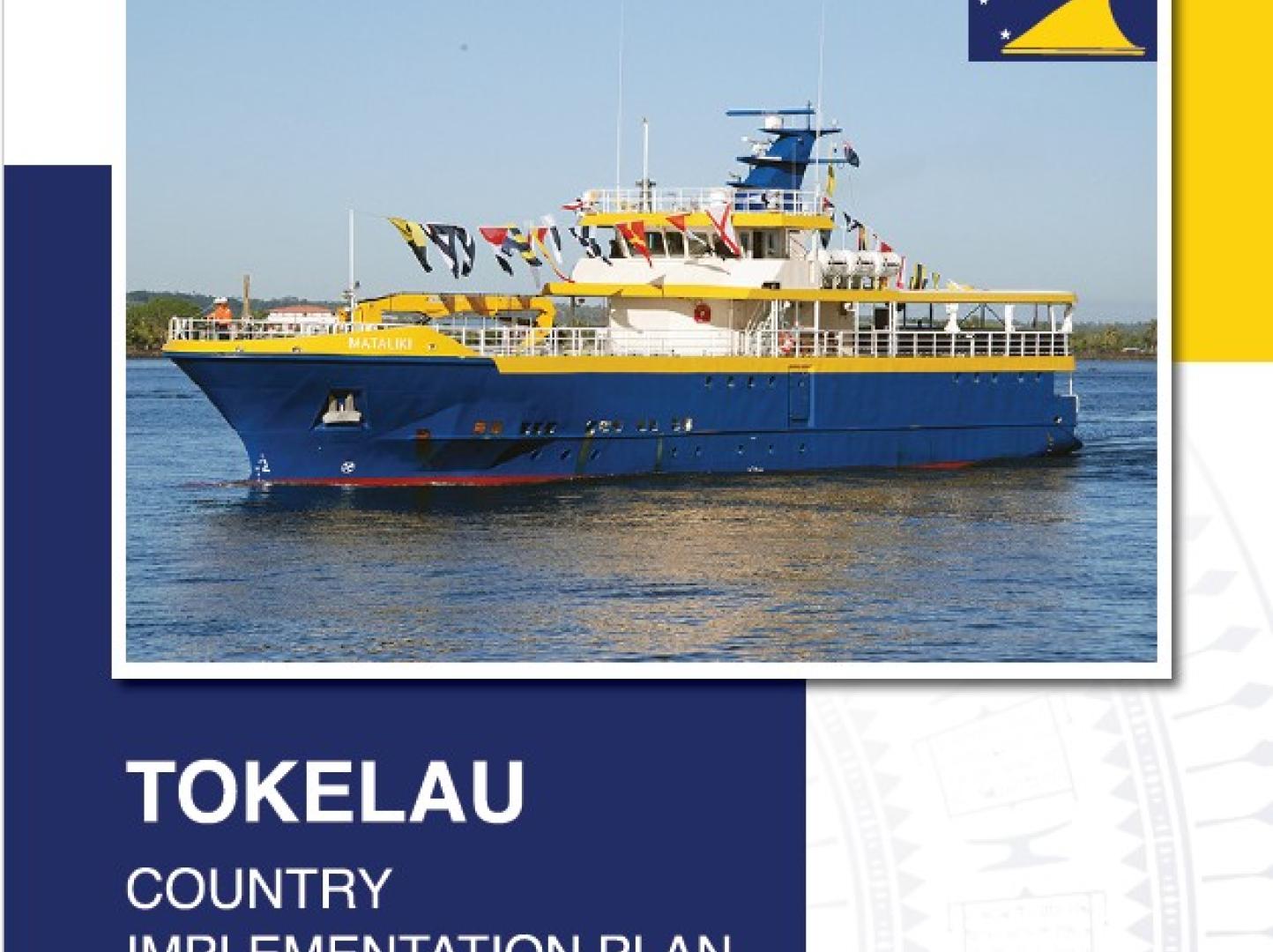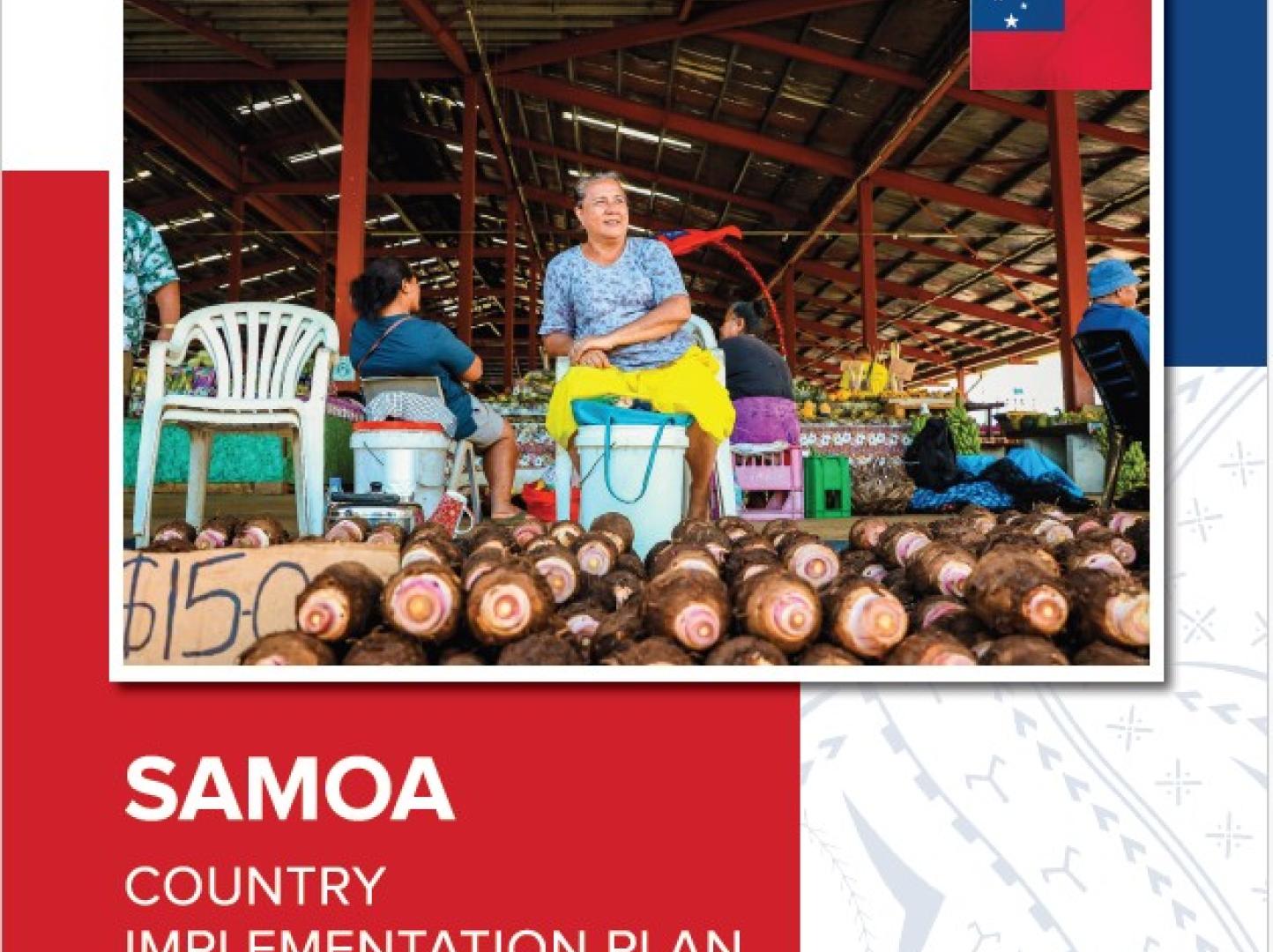Niue Country Implementation Plan (CIP) 2025–2027

The Niue Country Implementation Plan (CIP) 2025–2027 provides a clear roadmap for the UN–Niue partnership to advance resilience, inclusive social services, sustainable economic growth, and accountable, effective governance. The CIP was formally signed on 26 September 2025 by the UN Resident Coordinator for Samoa, Niue, Cook Islands and Tokelau, and the Prime Minister of Niue, marking a renewed commitment to joint action under the Pacific UNSDCF 2023–2027.
Niue faces distinct development challenges as one of the world’s smallest island states, including high climate vulnerability, limited economic diversification, youth unemployment, and persistent gaps in data, health services, and food security. Despite these constraints, Niue has achieved notable progress in renewable energy, biodiversity conservation, universal water access, and governance reforms—creating strong foundations for scaled, coordinated UN support.
The CIP responds directly to national development priorities and the mid-term review of Niue’s National Strategic Plan. It is fully aligned with the 2030 Agenda, the Pacific UNSDCF 2023-2027, and the 2050 Strategy for the Blue Pacific Continent.
The plan focuses on four interconnected areas of action:
- Planet – advancing climate adaptation, strengthened ocean and biodiversity governance, improved waste management, and enhanced disaster resilience.
- People – strengthening health systems; ensuring universal access to essential services; improving nutrition, WASH, and inclusive protection systems; and supporting gender-responsive GBV and child protection services.
- Prosperity – promoting sustainable economic transformation through blue and green economy initiatives, stronger public finance systems, digital innovation, and expanded livelihood opportunities—particularly for youth and vulnerable groups.
- Peace – strengthening governance, justice systems, national data capabilities, public sector transparency, human rights, and evidence-based policymaking, while supporting safe and rights-based migration.
Implementation is anchored in strong national ownership and coordinated through a Joint National–UN Steering Committee, supported by a Country Coordination Team within the UN system. A robust monitoring, evaluation, and learning framework ensures adaptive and transparent progress tracking through UNINFO and national systems.
Across all pillars, the CIP mainstreams gender equality, human rights, environmental sustainability, and the commitment to leave no one behind, ensuring that development gains are inclusive, resilient, and sustainable for all people in Niue.




